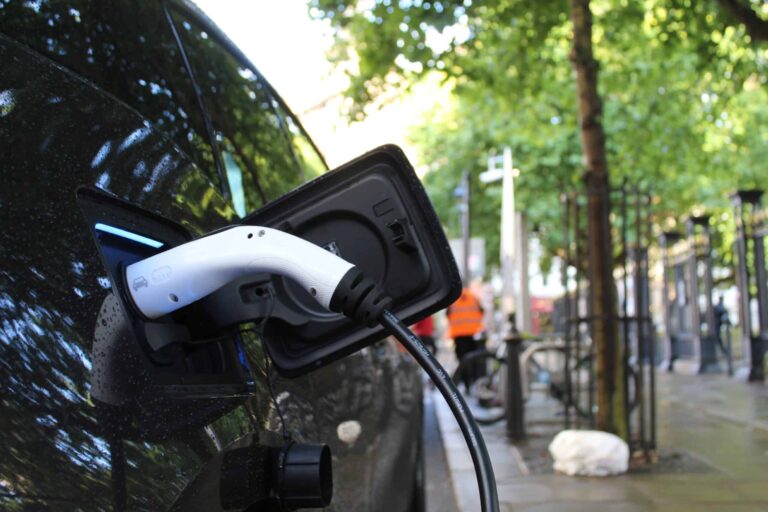“We have reached an agreement with Germany on the future use of e-fuels in cars.” With a tweet launched online yesterday morning, European Commission Vice President Frans Timmermans announced the end of the European tug-of-war over zero-emission cars. The farewell from 2035 to cars and vans powered by gasoline or diesel is confirmed, but with a novelty. Alongside electric cars, combustion engines are also saved, as long as they are powered only by synthetic e-fuels.
Table of Contents
What are e-fuels
E-Fuels, short for electrofuels, are liquid or gaseous synthetic fuels. They are made by first breaking down water into its basic elements, namely hydrogen and oxygen through a process of electrolysis. And then by mixing the hydrogen with carbon dioxide captured in the air through the Fischer-Tropsch synthesis process.
Adding some catalytic substances to the resulting mixture results in the production of e-Fuels capable of powering endothermic engines.
This process requires huge amounts of water and electricity, but these must be produced exclusively from renewable sources (wind, solar, geothermal, hydro). But in order for e-euels to fully qualify as environmentally friendly fuels, this would not be enough.
In fact, synthetic fuels are considered green (which is why they entered the compromise agreement between the EU and Germany) because an amount of CO2 is taken out to produce them equal to the amount released by them when they go to power an endothermic engine. And so they are considered carbon neutral.
At present, their production is still very expensive and limited. Today a liter of e-fuels would cost around 10 euros. And 2 liters of water would have to be used to produce it. But according to proponents of synthetic fuels, the economies of scale associated with their wide-ranging use. And a strong global tax incentive policy could make them decidedly competitive.
Their real advantage is that they could be used immediately in the current distribution network already used by fuels because, like conventional gasoline or diesel, e-fuels can be stored without any storage or pressure problems and at an ambient temperature.
What is Germany’s interest in biofuels
Germany’s interest in synthetic fuels is mainly related to the fact that many of its large companies in the industry have believed in it. And made heavy investments in this technology.
Large German automotive component suppliers such as Bosch, ZF, and Mahle are members of the e-Fuel Alliance, which is an industry lobby. And Porsche is betting heavily on them. So much so that in Punta Arenas, Chile, it has built a plant that makes synthetic fuels with the goal of producing more than 500 million liters per year. While Bmw has invested $12.5 million in Prometheus Fuels.
The German manufacturers of the rest “defend” their high-performance models such as the Porsche 911. Synthetic fuels, after all, are particularly well suited to powerful engines. And this will be demonstrated by Formula 1. Which will switch to e-Fuels from the 2026 season, to achieve carbon neutrality in 2030.
Norway also believes in the project and Norsk e-Fuel is expected to start producing e-Fuels in 2024. And in Europe in general, according to the e-Fuel Alliance, they are already being produced in Germany and Iceland. With projects starting not only in Norway but also in Spain, Denmark and Sweden.
Read also: Sustainable fuel sources: weighing the pros and cons of biofuels












